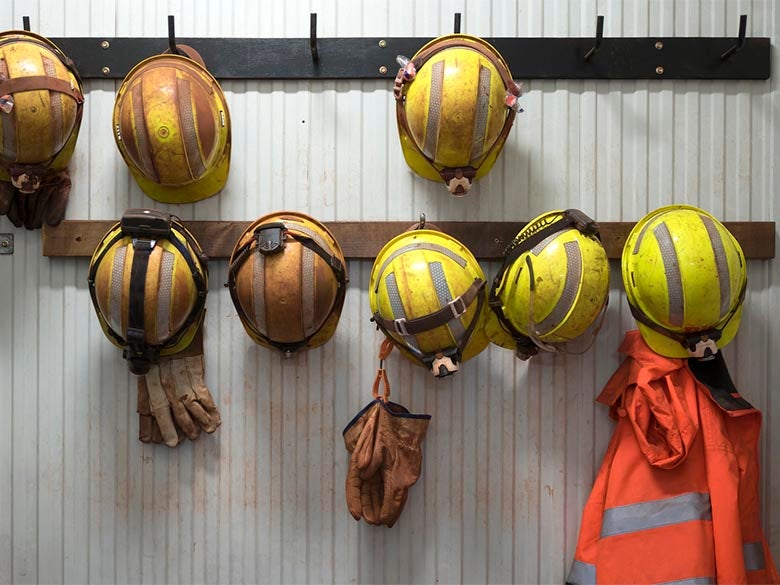25 June 2018
5 min read
#Transport, Shipping & Logistics
Published by:

Part 1 – Introduction to the Australian Modern Slavery in Supply Chains Reporting Requirements
In late 2017 the Commonwealth Government announced that it proposed to enact Australian Modern Slavery in Supply Chain Reporting Requirements (Reporting Requirements).
The announcement came amid an increasing international and domestic focus on addressing modern slavery in the business community, including throughout the extended supply and transport chains. Similar legislative schemes have been implemented or proposed in the United Kingdom, United States of America, France, Netherlands and European Union. Further to that, New South Wales passed its Modern Slavery Bill 2018, now the Modern Slavery Act 2018 (not yet in force).
The Chartered Institute of Procurement and Supply recently conducted an ‘Australian Modern Slavery Survey’. It showed that:
On 28 June 2018 the Commonwealth Government introduced a Modern Slavery Bill (Bill) of its own, providing indication of what the national Reporting Requirements will look like.
In sum, the Bill provides that the Reporting Requirements will:
This article takes a closer look at the expected Reporting Requirements and considers the implications for businesses with supply chains and supply chain businesses.
A closer look at the expected Reporting Requirements:
What is modern slavery?
Modern slavery includes:
Who will the Reporting Requirements apply to?
Section 6 of the Bill outlines who the Reporting Requirements will apply to. They include the Commonwealth and corporate Commonwealth entities as well as the following businesses and organisations:

What information must be reported and how?
Reporting will come in the form of a Single Modern Slavery Statement or Joint Modern Slavery Statement (referred to collectively as Modern Slavery Statements). According to section 16 of the Commonwealth Bill, Modern Slavery Statements will:
They will then be signed-off by reporting entities’ ‘responsible members’, such as company boards.
How often will reports be required?
Entities will be required to submit their Modern Slavery Statements to the Department of Home Affairs within six months after the end of each financial year or annual accounting period applicable to the reporting entity.
What happens with the Modern Slavery Statement?
Modern Slavery Statements will be registered on a Modern Slavery Statement’s Register established under the scheme. This means that the public will be able to identify reporting entity’s policies and practices in relation to the risks of Modern Slavery in its supply chain. Entities will also have the discretion to publish their own statements on their websites or in their annual reports.
What happens if my business does not provide a compliant Modern Slavery Statement?
The Explanatory Memorandum for the Bill states that the Australian Government will not introduce punitive measures for non-compliance. This is a significant distinction between the Commonwealth scheme and the New South Wales scheme, which imposes a maximum penalty of 10,000 penalty units or $1.1 million for failing to prepare a modern slavery statement.
Nonetheless, the requirement for the Commonwealth and corporate Commonwealth entities to submit Modern Slavery Statements means that there will be a push for larger companies to submit their Modern Slavery Statements to avoid:
Who does my business report to?
The Minister for Home Affairs and the Department will administer reporting under the scheme and the Modern Slavery Statements Register.
Part 2 of our introduction to the Australian modern slavery reporting and compliance requirements considers in detail some practical and commercial implications that will arise from the new scheme.
Authors: Nathan Cecil
Disclaimer
The information in this publication is of a general nature and is not intended to address the circumstances of any particular individual or entity. Although we endeavour to provide accurate and timely information, we do not guarantee that the information in this publication is accurate at the date it is received or that it will continue to be accurate in the future. We are not responsible for the information of any source to which a link is provided or reference is made and exclude all liability in connection with use of these sources.
Published by: